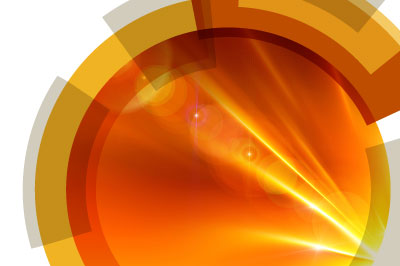This meeting is being organised by two RSC Interest Groups, the Automation and Analytical Management Group (AAMG) and the Chemical Information and Computer Applications Group (CICAG), and will address the challenges, opportunities and issues that arise through the digital transformation of laboratory work. Over the last few decades, chemistry laboratories have been experiencing a steady transition from traditional manual work and analogue measurement techniques to the adoption of new systems and processes based on digital technologies. In practical terms this means that work in the chemistry laboratory is changing, not only in day-to-day operations, but also in the long term processes for storing, maintaining, finding, using, interpreting and understanding scientific data and information. This has significant implications for chemistry, and for the required skill sets and expertise needed by laboratory chemists.
Although the 'scientific method' continues to define the basic principles of laboratory work, digital technologies raise new questions about:
* The authenticity and integrity of data acquisition
* The collation and management of data and information
* The interpretation and derivation of meaning from data
The transformation to digital technologies in any domain introduces significant disruption: in chemistry, we have the opportunity to learn from other's mistakes, and to manage the transformation in a controlled way. The meeting will examine the challenges, present case studies, and offer the opportunity for discussion about these critical issues in the context of laboratory efficiency, innovation and the impact upon laboratory work.
Although the 'scientific method' continues to define the basic principles of laboratory work, digital technologies raise new questions about:
* The authenticity and integrity of data acquisition
* The collation and management of data and information
* The interpretation and derivation of meaning from data
The transformation to digital technologies in any domain introduces significant disruption: in chemistry, we have the opportunity to learn from other's mistakes, and to manage the transformation in a controlled way. The meeting will examine the challenges, present case studies, and offer the opportunity for discussion about these critical issues in the context of laboratory efficiency, innovation and the impact upon laboratory work.
Downloads
- Measurement, Information and Innovation - Meeting Programme
- Presenters' abstracts and biographies
- Danny Kingsley presentation
- Gerhard Noelken presentation
- Peter Boogaard presentation
- Krishna Persaud presentation
- John Wise presentation
- Paul Thomas presentation
- Allan Jordan presentation
- Martin Owen presentation
- Richard Kidd presentation









